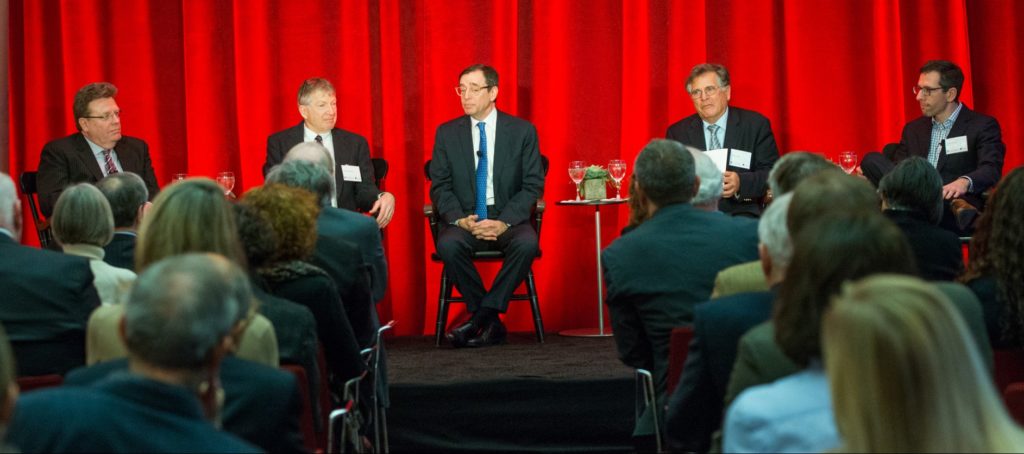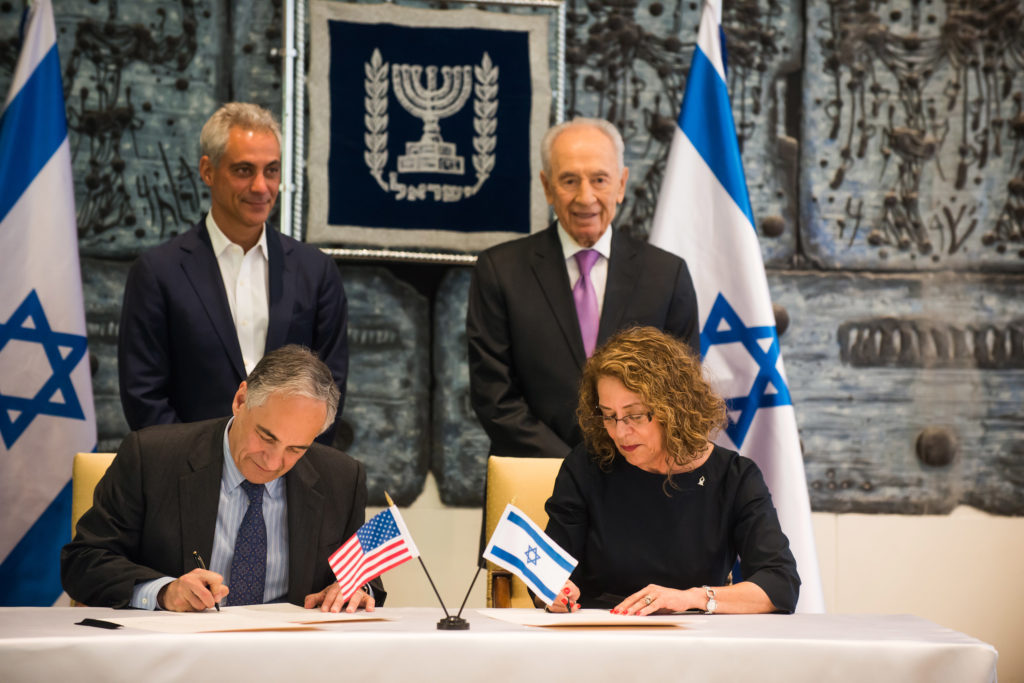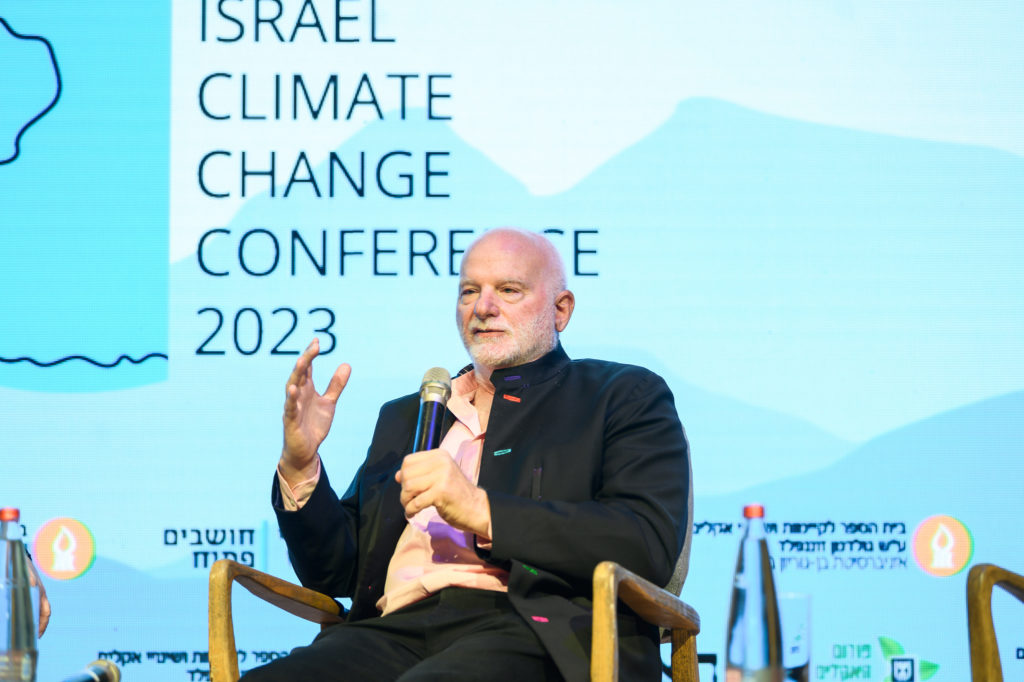
The Water Research Tide Continues to Rise
The Water Research Tide Continues to Rise
March 7, 2017
UChicago News — Water research is expanding at the University of Chicago’s Institute for Molecular Engineering as the institute’s successful partnership with Ben-Gurion University of the Negev and Argonne National Laboratory grows. Argonne is a science and engineering research laboratory operated by the University of Chicago for the United States Department of Energy.
In 2013, the Water Research Initiative was launched by the three institutions. Its first projects tackled challenges to providing abundant, clean water around the world, focusing on using molecular engineering to find new methods of water production, purification and preservation.
That initial stream of research and innovation is set to swell in the years ahead. New projects will focus in four areas: producing clean water for people, industry and agriculture; using water to help meet the planet’s energy demands; examining the role water can play in mitigating climate change; and understanding water’s role in biology and medicine, and using that information to design new therapies.

From left: Matthew Tirrell (moderator), James Skinner, Seth M. Siegel, BGU Prof. Eilon Adar, Seth Darling, participating in a panel discussion on February 13, 2017 at the Water for the World: A Crown Family Celebration event at the University of Chicago Eckhardt Research Center (Photo: Jean Lachat)
The work of the past few years has created a foundation for the initiative’s expansion. About 30 scientists have participated in initial collaborations in which the three partner institutions back six water research projects.
One success has been in addressing the challenge of “fouling” — a problem in which membranes used to filter out contaminants from water clog and become unusable.
“As a result of human activity, water is contaminated by harmful organic materials and micro-organisms and these are not removed by present membrane technology,” says Prof. Moshe Gottlieb, BGU’s Frankel Professor of Chemical Engineering and the University’s lead researcher of the collaboration.
The cross-continental team developed a novel coating that can be applied to membranes meant to filter out material, ranging from large dust particles to ions a few nanometers in diameter. The coating, deposited in a layer a few hundreds of atoms thick, makes it harder for organic and biological materials to stick to the pores and destroys them if they do.
“I can still remember then-President of Israel Shimon Peres standing behind me as we signed the memorandum in June 2013,” says BGU President Prof. Rivka Carmi.
“It is a model for partnerships and I hope to build on its success.”

In 2013, University of Chicago President Robert Zimmer and Ben-Gurion University of the Negev President Prof. Rivka Carmi sign the water research agreement as Chicago Mayor Rahm Emanuel and Israeli President Shimon Peres look on.
Research may be the heart of the initiative, but its work also branches into government and industry. The research partners have grown from the three original institutions to include World business Chicago, a public-private nonprofit; the Illinois Department of Commerce and Economic Opportunity; the Polsky Center for Entrepreneurship and Innovation; and the Energy Policy Institute at UChicago.



